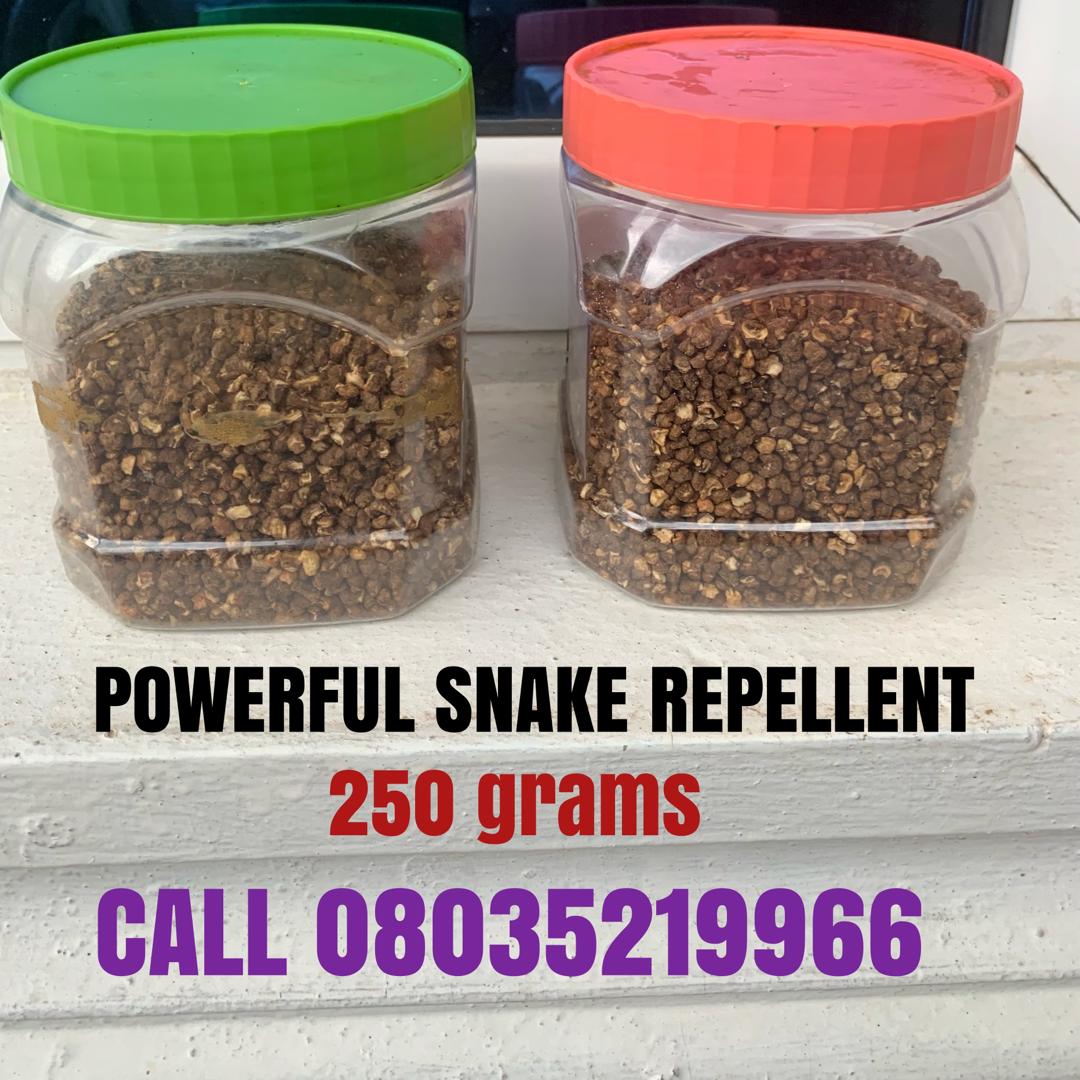10 critical factors to consider while handling viral diseases in sheep and goats
Handling viral diseases in sheep and goats is vital for the health and productivity of these animals and the profitability of livestock operations. Here are 10 critical factors to consider with details:
 Learn More
Learn More1. **Disease Identification:** Accurate identification of the specific viral diseases affecting sheep and goats, such as foot-and-mouth disease, bluetongue, or caprine arthritis encephalitis, is essential. Different viruses require different control measures.
2. **Biosecurity Measures:** Implement rigorous biosecurity protocols to prevent the introduction and spread of viruses. This includes controlling access to the farm, disinfecting equipment and vehicles, and providing protective clothing for personnel.

3. **Quarantine Procedures:** Quarantine new animals for a specified period and monitor them for signs of disease before introducing them to existing flocks or herds. This helps prevent the introduction of infected animals.
4. **Vaccination Strategies:** Work with veterinarians to develop vaccination programs tailored to the prevalent viral diseases in your region and the specific sheep and goat breeds you are raising. Proper vaccine storage and administration are critical.
READ ALSO Critical factors to consider when handling sheep and goats bacteria diseases
5. **Isolation of Sick Animals:** Isolate sheep and goats showing signs of illness immediately to prevent the spread of disease within the flock or herd.
6. **Monitoring and Surveillance:** Implement a regular monitoring and surveillance system to detect signs of illness, unusual behavior, or reduced weight gain. Early detection is crucial.
7. **Vector Control:** Control vectors such as flies, ticks, and mosquitoes that can transmit viruses to sheep and goats through proper pest management and sanitation practices.
8. **Nutrition:** Ensure sheep and goats receive a balanced and high-quality diet to maintain their health and immunity, making them more resistant to viral infections.
READ ALSO 15 Symptoms that your Goat is Dying and What to Do to Arrest it
9. **Education and Training:** Train farm personnel on biosecurity measures, disease recognition, and proper handling of sick animals. Ensure everyone understands their role in disease prevention.
10. **Emergency Response Plan:** Develop a plan for responding to disease outbreaks, including isolating and treating affected animals, proper carcass disposal, and communication with veterinary authorities.
ATTENTION: Click “HERE” to join our WhatsApp group and receive More updates directly on your WhatsApp!
Handling viral diseases in sheep and goats requires a proactive approach, including prevention, early detection, and effective management strategies. Collaboration with veterinarians, strict adherence to biosecurity measures, and ongoing education of farm staff are crucial for minimizing the impact of viral outbreaks in small ruminant livestock farming.
🧩CREATED BY DR JOSEPH DEJI-FOLUTILE















